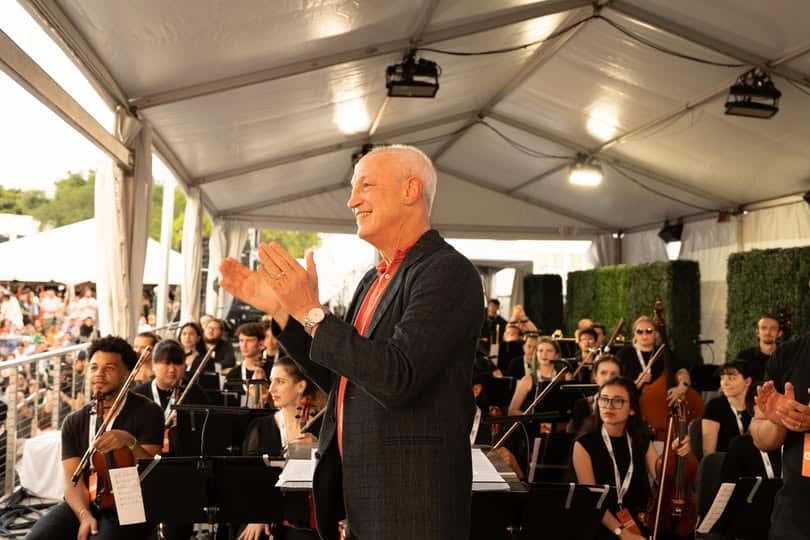Classical record sales just keep on falling
mainThe latest weekly Nielsen stats from the US are deeply discouraging.
The highest selling album – CDs and downloads combined – was Andrea Bocelli with fewer than 400 sales.
The next two, still above 300 units, were the Benedictines of Mary and Hilary Hahn’s new DG Mozart concerto.
Below these three chart-toppers, no classical record cleared 200 sales last week.
And the May issue of Gramophone is so light on ads it looks anorexic.






Comments